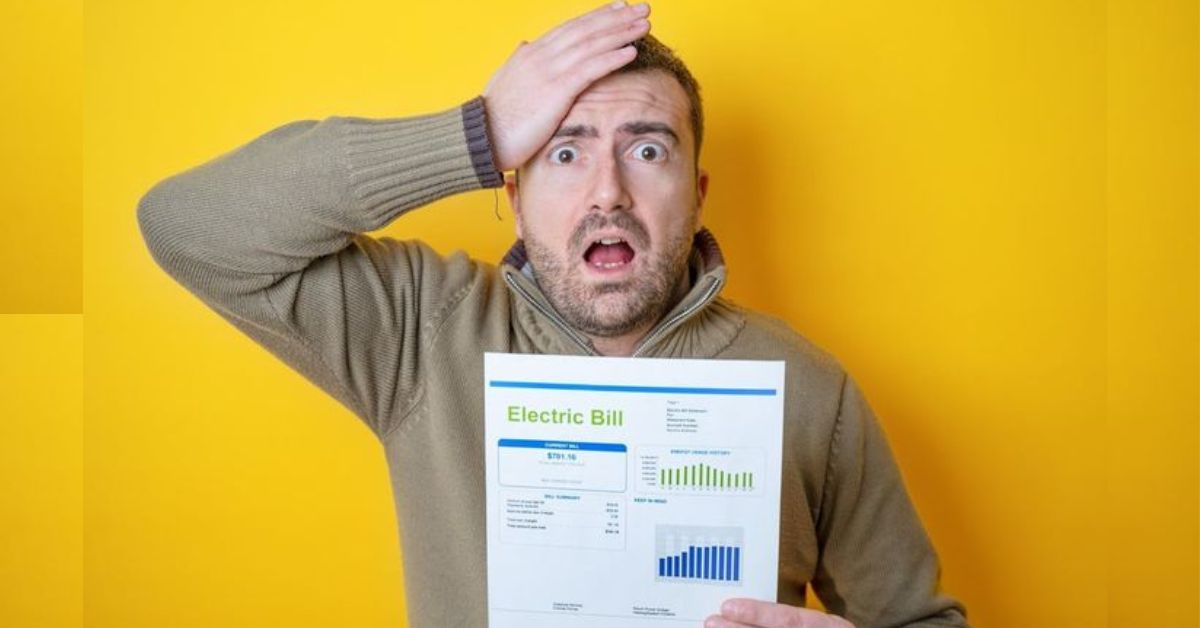On September 1, 2025, NBC News reported that the gubernatorial elections in Virginia and New Jersey, the only two states holding such races this year, are entering their final stretch, with Election Day set for November 4. In Virginia, Democrat Abigail Spanberger leads Republican Winsome Earle-Sears by 5–7 points in polls, while in New Jersey, Democrat Mikie Sherrill holds a strong edge over Republican Jack Ciattarelli, with betting markets giving her a 90% chance of victory. Both races, following Kamala Harris’s 2024 presidential wins in these states by about 6 points, are seen as bellwethers for voter sentiment toward President Trump’s second term and the 2026 midterms. Key issues include affordability, immigration, and abortion, with Virginia’s potential flip to a Democratic trifecta carrying significant implications. This news warrants a full impact analysis across state and local governance, national governance and politics, economy and trade, international relations, and people’s daily life and society.
Impact Analysis:
Impact on State / Local Governance
Policy shifts in Virginia: A Spanberger win could lead to a Democratic trifecta, enabling policies like expanded healthcare and renewable energy, impacting local budgets and services in counties like Fairfax.
New Jersey continuity: Sherrill’s likely victory would maintain Democratic control, potentially strengthening local initiatives on property tax relief and infrastructure in cities like Newark.
Impact on National Governance & Politics
Midterm signal: A Democratic sweep, as polls suggest, could indicate voter backlash against Trump’s policies, shaping Republican strategies for the 2026 midterms with 36 gubernatorial races.
Partisan momentum: A Virginia trifecta flip could embolden Democrats to push national agendas like voting rights reforms, while a Ciattarelli loss may weaken GOP efforts to challenge blue states.
Impact on Economy & Trade
Investment confidence: A Democratic win in Virginia could stabilize business confidence in Northern Virginia’s tech and federal contractor sectors, supporting 6,000 new jobs by 2027.
Campaign spending boost: Record-breaking campaign spending, with New Jersey’s primary at $122 million, could drive local economic activity in media and advertising markets.
Impact on International Relations
Global democratic perception: Strong Democratic wins in both states could signal to allies like the EU that U.S. voters favor moderate policies, enhancing trust in American governance.
Trade policy scrutiny: Outcomes may influence perceptions of Trump’s tariff policies, with allies like Canada watching for signs of U.S. trade stability amid a $1.02 trillion 2024 trade deficit.
Impact on People’s Daily Life & Society
Policy impacts: Spanberger’s focus on cost-of-living issues, cited by 29% of Virginia voters as a top concern, could lead to affordability measures, easing household budgets.
Voter engagement: Sherrill’s outreach to Black voters in New Jersey, where turnout is historically low, may boost civic participation, potentially increasing turnout by 2–3% in urban areas.
Latest Government Data / Stats
- Voter priorities: A July 2025 Virginia Commonwealth University poll found cost of living (29%), immigration (14%), and abortion (14%) as top voter concerns in Virginia. (Source: Virginia Commonwealth University, 2025)
- Trade deficit: The U.S. goods trade deficit was $1.02 trillion in 2024, influencing economic debates in gubernatorial races. (Source: U.S. Census Bureau, 2025)
- Campaign spending: New Jersey’s 2025 gubernatorial primary saw $122 million spent, a state record. (Source: Brennan Center for Justice, 2025)
Conclusion: The 2025 Virginia and New Jersey gubernatorial races, favoring Democrats, signal voter sentiment on Trump’s presidency and set the stage for 2026 midterms. Outcomes could reshape state policies and national political strategies, demanding close attention.
Author
-

Tyler Grayson brings global events to your screen with clarity, depth, and context. With a background in political science and international relations, Tyler covers diplomacy, global conflicts, climate issues, and major policy shifts with a balanced, facts-first approach. His reporting connects the dots between headlines and their real-world impact.







